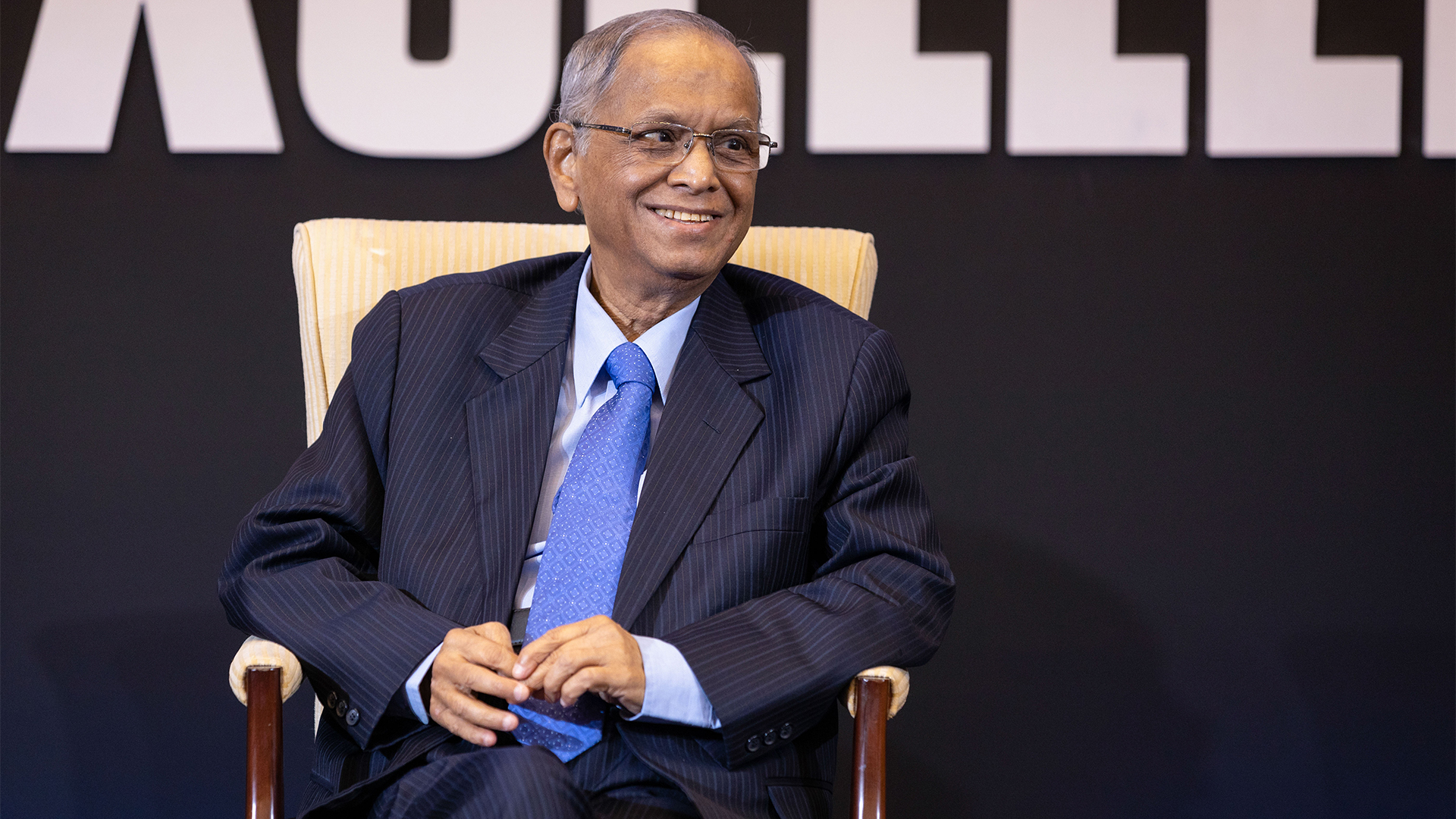IT professionals aren’t budging on flexible work demands – and more than half say they’ll quit if employers don’t meet expectations
Flexible work is essential to many IT workers now, so there’s no turning back for employers


Nearly half of IT workers in the UK have quit a job due to a lack of workplace flexibility, according to new research.
Analysis from Randstad shows 40% of UK-based IT pros have quit over a lack of flexible work options, while 31% of workers globally have done the same.
The study noted that IT workers typically value flexible working practices more highly than other sectors, with 80% of surveyed professionals stating that they consider flexibility “essential”.
This was also 13% higher than their counterparts in other industries globally, according to Randstad.
Notably, Randstad said flexibility is no longer regarded “solely as a benefit” at their workplace, and is now a deal breaker which shapes their career choices and has an influence on who they want to work with.
More than half (56%), for example, said they would quit their job if requests for additional flexible working options weren’t taken into account.
Randstad digital chief executive Graig Paglieri said the study highlights the changing nature of worker demands and urged employers to accommodate for this trend.
Sign up today and you will receive a free copy of our Future Focus 2025 report - the leading guidance on AI, cybersecurity and other IT challenges as per 700+ senior executives
“Personalized work benefits and flexible options are essential not only for attracting top talent but also for retaining them in competitive markets,” he said.
“Policies should align with organizational, team and individual needs, ensuring a flexible and tailored approach.”
Flexible work options build trust
Nearly three-quarters (71%) of IT workers told Randstad that remote and flexible working options would “strengthen their sense of community” with colleagues, despite the distributed nature of the workforce.
Similarly, 68% said they would trust their employer more if they offered personalized work benefits. This not only included flexible work options, but flexible hours, intensity of work, and locations, the study noted.
Flexible working has grown in popularity since the onset of Covid in 2020. While at first workers across a raft of industries shifted to remote work options as a pandemic-induced necessity, they continued to demand a degree of flexibility in their roles as lockdown restrictions were lifted.
The issue has prompted a recurring back and forth between workers and employers in recent years, especially amidst the rise of return to office (RTO) mandates.
Several companies have faced backlash by cutting flexible and remote working options, including Dell Technologies and Amazon.
Randstad noted that employers must adapt to accommodate for flexible working options, or else lose out on vital talent. Nearly one-third (31%) of employers told the firm they now offer flexible work arrangements specifically for the purpose of attracting talent.
This, the study found, marked a 9% increase compared to the year prior.
Similarly, 34% revealed they have introduced flexible policies to improve staff retention and prevent valued employees from seeking roles elsewhere.
Leadership views on flexible work is also improving, according to Randstad. The study noted that 81% of leaders believe these practices can help create equity at work and have a beneficial effect on workforce morale.
MORE FROM ITPRO
- Considering an RTO policy? Think again. Firms with remote working options record better financial performance
- Remote working is proving troublesome for extroverts
- Not everyone working from home is procrastinating – but I miss doing it in the office

Ross Kelly is ITPro's News & Analysis Editor, responsible for leading the brand's news output and in-depth reporting on the latest stories from across the business technology landscape. Ross was previously a Staff Writer, during which time he developed a keen interest in cyber security, business leadership, and emerging technologies.
He graduated from Edinburgh Napier University in 2016 with a BA (Hons) in Journalism, and joined ITPro in 2022 after four years working in technology conference research.
For news pitches, you can contact Ross at ross.kelly@futurenet.com, or on Twitter and LinkedIn.
-
 Microsoft unveils Maia 200 accelerator, claiming better performance per dollar than Amazon and Google
Microsoft unveils Maia 200 accelerator, claiming better performance per dollar than Amazon and GoogleNews The launch of Microsoft’s second-generation silicon solidifies its mission to scale AI workloads and directly control more of its infrastructure
-
 Infosys expands Swiss footprint with new Zurich office
Infosys expands Swiss footprint with new Zurich officeNews The firm has relocated its Swiss headquarters to support partners delivering AI-led digital transformation
-
 Gender diversity improvements could be the key to tackling the UK's AI skills shortage
Gender diversity improvements could be the key to tackling the UK's AI skills shortageNews Encouraging more women to pursue tech careers could plug huge gaps in the AI workforce
-
 Global IT spending set to hit a 30-year high by end of 2025
Global IT spending set to hit a 30-year high by end of 2025News Spending on hardware, software and IT services is growing faster than it has since 1996
-
 Tech consulting market tipped to surpass $400bn in global revenue in 2026
Tech consulting market tipped to surpass $400bn in global revenue in 2026News A new report from Source Global Research reveals an increased appetite for tech consulting services as businesses look to upgrade hardware and tools
-
 Infosys co-founder Narayana Murthy called for a 70 hour week last year — now he says that’s not enough
Infosys co-founder Narayana Murthy called for a 70 hour week last year — now he says that’s not enoughNews Murthy thinks longer hours akin to China’s '996' approach are the key to success
-
 Chief data officers believe they'll be a 'pivotal' force in in the C-suite within five years
Chief data officers believe they'll be a 'pivotal' force in in the C-suite within five yearsNews Chief data officers might not be the most important execs in the C-suite right now, but they’ll soon rank among the most influential figures, according to research from Deloitte.
-
 UK firms are pouring money into AI, but they won’t see a return on investment unless they address these key issues
UK firms are pouring money into AI, but they won’t see a return on investment unless they address these key issuesNews An SAP report projects increased AI investment, but cautions that too many organizations are taking a fragmented approach
-
 Varonis snaps up AI email security specialist SlashNext
Varonis snaps up AI email security specialist SlashNextNews The vendor will integrate SlashNext’s phishing and social engineering detection capabilities into its Data Security Platform
-
 Microsoft could be preparing for a crackdown on remote work
Microsoft could be preparing for a crackdown on remote workNews The tech giant is the latest to implement stricter policies around hybrid working without requiring a full five days in the office